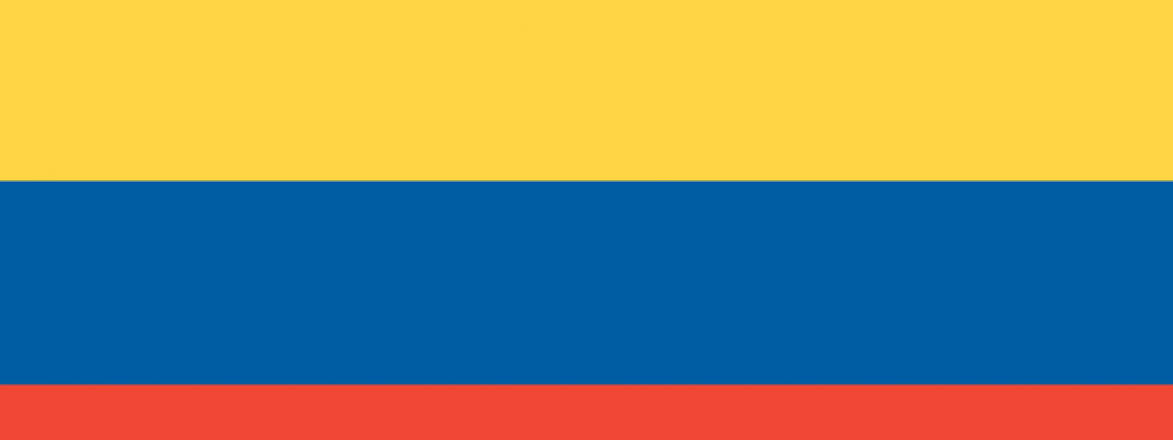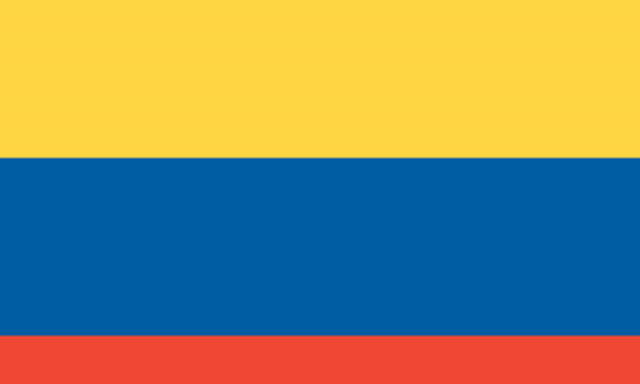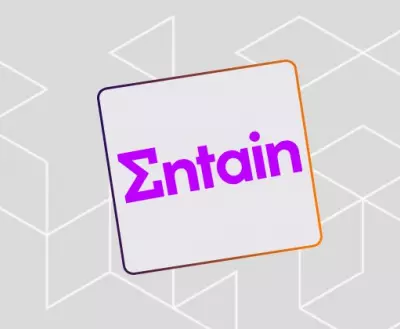The government of Colombia has long taken a dim view of internationally-based sites pitching online gambling to its citizens. But now it’s looking to close the net around those operators entirely.
Colombian regulators are keen to clamp down on international online gambling, which could leave punters with a significantly more limited choice of licensed destinations for gaming in future. That is, if current proposals are brought into force.
Regulators have said this week that they intend to introduce mechanisms to block payments to international gambling sites, effectively cutting off the potential for international operators to reach out to the Colombian market.
Earlier this week, the head of the country’s gambling regulator Coljuegos, Juan B. Pérez Hidalgo, said that it was the organisation’s intention to step up the level of regulation, effectively outlawing what he described as ‘illegal games of chance’.
His words came as part of a presentation at this year’s Event of Accountability, an event hosted annually by the Ministry of Finance.
He continued to say that international operators were ‘literally stealing resources for the health of Colombians’ by competing with locally licensed operators, a statement derived from the fact that international operators do not pay tax to the Colombian government in the way the newly licensed Colombian operators are obliged to do.
In October 2016, Colombia achieved a historic first for South America, by becoming the first jurisdiction to give the go-ahead to legal, regulated gambling online. Its first license was awarded in March of this year to Wplay.co, a localised operator within Colombia, with more operators expected to have obtained the necessary go ahead to launch through the remainder of this year.
Regulatory body Coljuegos also established a blacklist of casino operators, designed to encourage those who weren’t licensed domestically to accept Colombian players to vacate the market, in time for the entry of more locally licensed providers.
As part of his presentation, Hidalgo extended this approach to internet service providers, in moves designed to physically block connections to sites which are, in their view, operating illegitimately within the Colombian market.
That approach has not, so far, been without its ‘technical difficulties’, according to senior officials at the regulator – a fact that has been reflected in the experiences of other regulators adopting similarly hardline approaches elsewhere in the world.
This has prompted the shift in emphasis to payment processors, and the regulators are currently engaging in meetings with financial services firms to develop mechanisms for blocking payments to these operators altogether.
The experiences of the Colombian regulators so far are akin to those encountered by other regulators who have tried to tackle similar issues head on. The problem for licensing bodies lies in the decentralised nature of the internet, and the fact that, try as they might, governments are extremely limited in the elements of the internet they can control.
As is commonplace in purely online sectors like online gambling, most companies operate internationally from a single jurisdiction. In some cases, they may be licensed in several different jurisdictions, but crucially domiciled in a single, often low-tax jurisdiction for commercial reasons. The result is that many international operators are free to reach out to citizens virtually anywhere in the world, reaching over the heads of local regulators.
For the Colombian authorities, this fact of life currently undermines their attempts to create a state-licensed monopoly in the online gambling sector, a crucial element of their policy approach to legalising and regulating online gambling.
With revenues pledged to fund the Colombian health service, Coljuegos are in no mood to compromise. That said, it remains to be seen whether they can enforce these provisions, either on payment operators or on internet service providers, to any great effect.
The reality, as experienced by many regulators who try this type of approach, is that citizens who are determined enough to circumvent these provisions will always be able to gamble independently online, and some operators elsewhere in the world will always be glad to accept their business.








